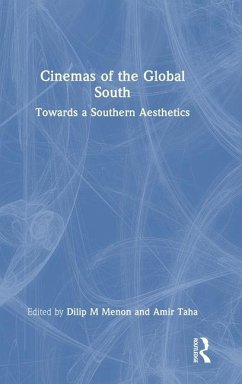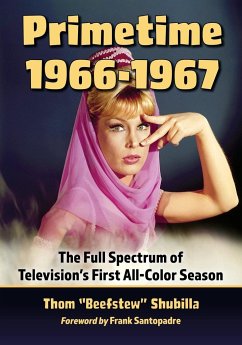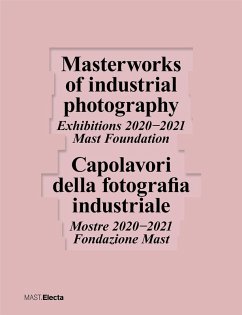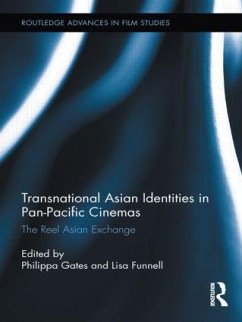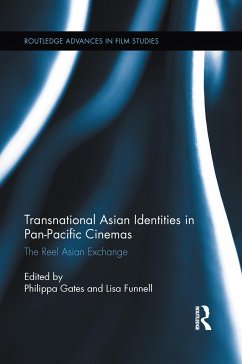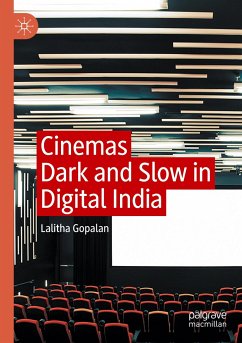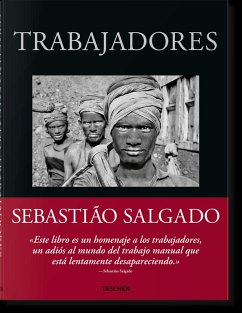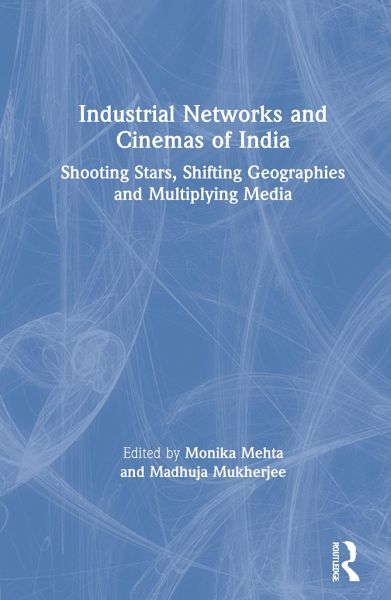
Industrial Networks and Cinemas of India
Shooting Stars, Shifting Geographies and Multiplying Media
Herausgeber: Mehta, Monika; Mukherjee, Madhuja
Versandkostenfrei!
Versandfertig in 1-2 Wochen
168,99 €
inkl. MwSt.

PAYBACK Punkte
84 °P sammeln!
This volume points to the limits of models such as regional, national, and transnational, and develops 'network' as a conceptual category to study cinemas of India. Through grounded and interdisciplinary research, it shows how film industries located in disparate territories have not functioned as isolated units and draws attention to the industrial traffic - of filmic material, actors, performers, authors, technicians, genres, styles, sounds, expertise, languages, and capital, across trans-regional contexts -- since the inception of cinema. It excavates histories of film production, distribut...
This volume points to the limits of models such as regional, national, and transnational, and develops 'network' as a conceptual category to study cinemas of India. Through grounded and interdisciplinary research, it shows how film industries located in disparate territories have not functioned as isolated units and draws attention to the industrial traffic - of filmic material, actors, performers, authors, technicians, genres, styles, sounds, expertise, languages, and capital, across trans-regional contexts -- since the inception of cinema. It excavates histories of film production, distribution and exhibition, and their connections beyond regional and national boundaries, and between places, industrial practices, and multiple media. The chapters in this volume address a range of themes such as transgressive female figures; networks of authors and technicians; trans-regional production links and changing technologies, and new media geographies. By tracking manifold changes in the contexts of transforming media, and inter-connections between diverse industrial nodal points, this book expands the critical vocabulary in media and production studies and foregrounds new methods for examining cinema. A generative account of industrial networks, this volume will be useful for scholars and researchers of film studies, cinema studies, media studies, production studies, media sociology, gender studies, South Asian studies, and cultural studies.



